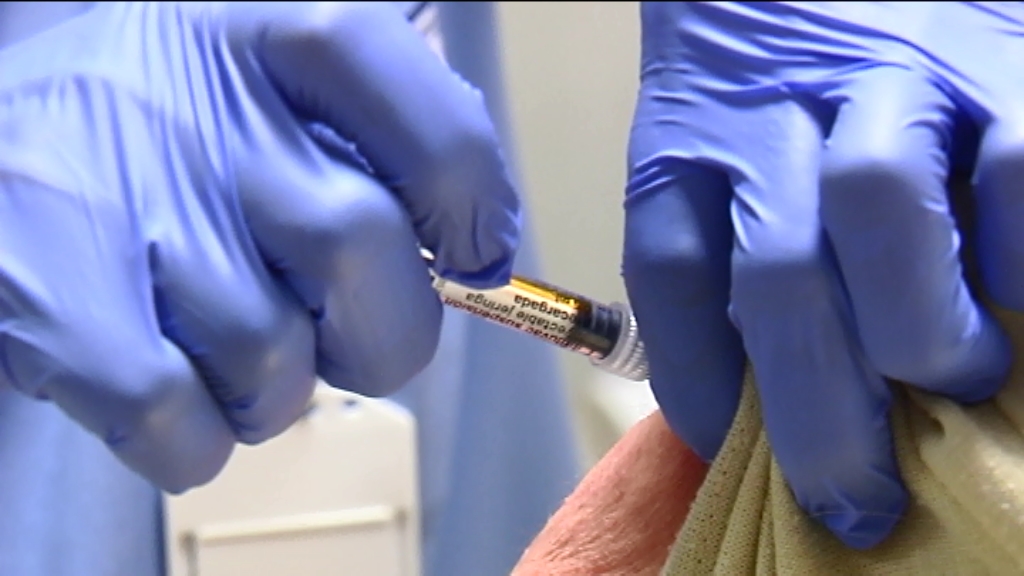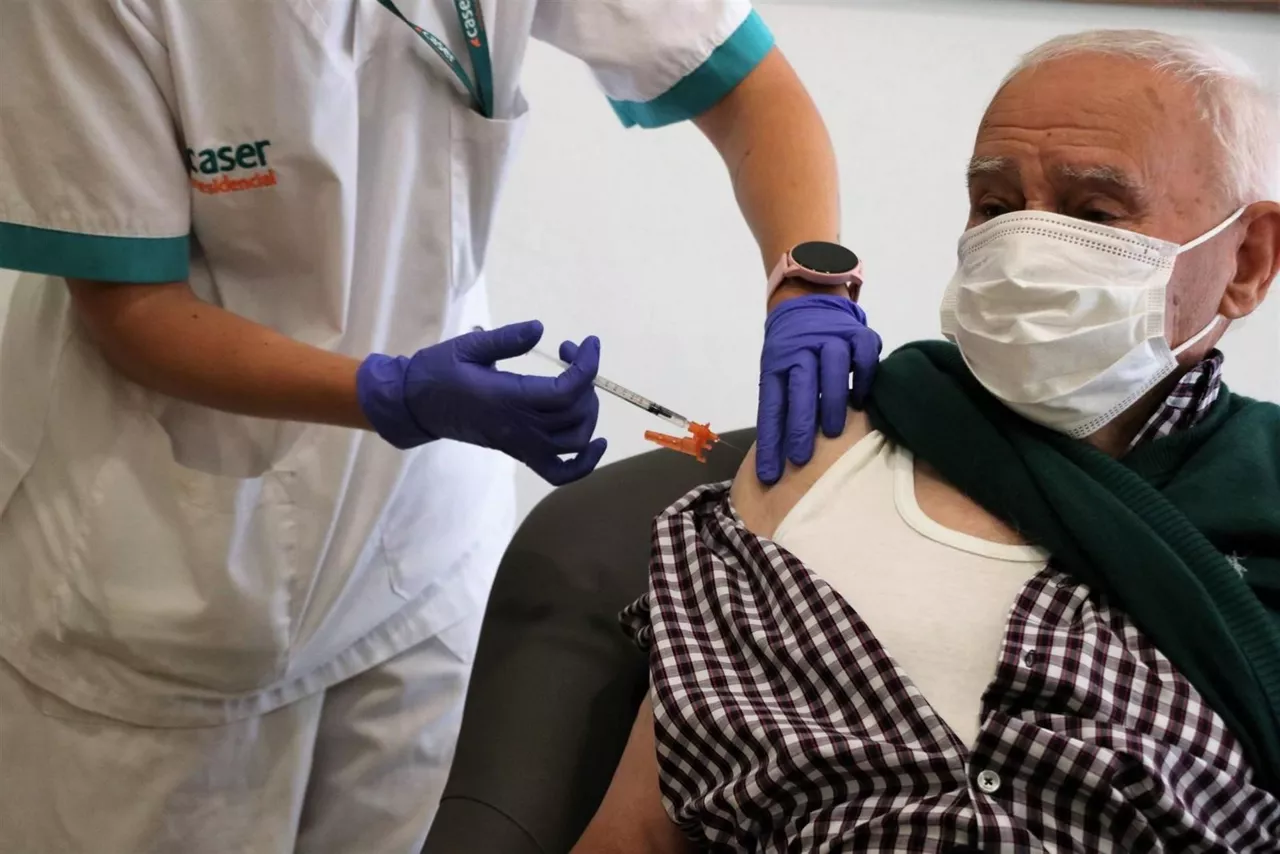Osakidetza dealt with about 7,500 cases of stroke in 2024, more than half of them in people over 75

According to Osakidetza, although the number of cases has decreased slightly compared to previous years, the most important figure is the steady reduction in mortality, with an average annual decrease of 2.8 percentage points over the last decade.
The Department of Health of the Basque Government and Osakidetza have provided these data on the occasion of International Ictus Day, which is celebrated this Wednesday, and have recalled that prevention is one of the main tools for preventing the disease.
In this context, the Donostia University Hospital has held a special day this morning to raise awareness of salt consumption and its relationship with hypertension and stroke . Professionals from the Donostia University Hospital Ictus Unit have installed an information tent to offer lectures and outreach material on the effects of salt consumption and its relationship to ictus.
In both ischemic and hemorrhagic stroke, high blood pressure is the main variable risk factor, and excessive salt consumption is directly related to increased blood pressure. The World Health Organization (WHO) recommends consuming 5 grams of salt a day, but the average daily consumption in the Basque Country is 9.6 grams. Reducing that consumption to convenient levels can reduce blood pressure and reduce the risk of stroke by 25%.
Removing salt from food is a common recommendation for patients with hypertension, but little adherence to it. Thus, there are some alternatives to salt to follow the recommendation more easily, which have been shown to reduce the risk of stroke and vascular disease.
During the day organized at the Donostia hospital, bags containing healthy salt substitutes have been distributed to the population to promote change in eating habits and raise awareness of the importance of food prevention. These substitutes include hyposodic salt (where a portion of sodium is replaced by potassium), mixtures of low-salt aromatic herbs, salicornia salt, or nutritional yeast. In addition to this awareness-raising action, Osakidetza launched the Iktus Eskola project in October at the Donostia University Hospital with the aim of actively involving patients and caregivers in recovery and self-care. So far, half a hundred families have participated in the initiative.
Professionals from different disciplines provide training on risk factors control, rehabilitation, healthy eating and improved quality of life after stroke.
The Iktus School is integrated into the global strategy of humanization and innovation in the care of stroke promoted by the Department of Health of the Basque Government and Osakidetza, as well as into the objectives and actions of the Basque Health Pact.
You might like
The driver of a van has been seriously injured when a train collided with his vehicle in Zalla
As a result of the accident, the train has derailed, but apparently none of the passengers have been injured.

A working ertzaina has tested positive for drugs after colliding with the Ertzaintza car against another vehicle
Inside the car was a man with a plastered leg (driver), a child and a woman. The first two have been taken injured to the hospitals of Cruces and Basurto. The Ertzaintza has taken precautionary measures and this officer will perform internal work until the result of the contranalysis is received and the facts clarified.
Two 12-year-old girls at a school in Vitoria-Gasteiz are investigating a sexual assault on a 6-year-old girl
The Juvenile Prosecutor's Office has referred the case to the Provincial Council of Álava on the grounds that the two alleged perpetrators are not imputable.
Emakume bat hil da Erriberrin gertatutako auto istripu batean
Gidatzen zuen autoak erdibidea pasatu eta kontrako norabidean zetorren kamioi baten aurka jo du. Emakumea tokian bertan hil da eta kamioiaren gidaria arin zauritu da.

Why did the flu advance this year?
Pello Latasa , head of epidemiology surveillance at the Department of Health of the Basque Government, explains that the incidence cases of these weeks may be the beginning of the seasonal flu epidemic or a pre-epidemic upturn. This year's scum is the key to the incidence of influenza this year.

What's going on with the Covid virus this fall?
Pello Latasa , head of epidemiological surveillance at the Department of Health of the Basque Government, says the Covid-19 virus is still among us, but it is "more or less stable circulation."

Schools in barracks, homes without elevators... Slow reconstruction after GOIDI
On 29 October 2024, the ravages caused by an upper depression devastated much of the province of Valencia. GOIDI destroyed lives, houses, premises, bridges... in more than a hundred villages. Those affected exceed 300,000 and the economic damage to infrastructure is incalculable.

Almost six out of 10 women aged 16 to 85 living in the Basque Country have ever been sexually or continuously harassed
The Basque Government has presented the results of the second part of its study on violence against women throughout their lives, which this time includes the analysis of workplace harassment, sexual harassment, continued harassment and cyberharassment.

Enekuri's entrance to Bilbao collapsed as a result of an accident on the BI-11 road
Several vehicles have collided and a lane has been cut at kilometre 5 of the BI-11 road, causing long delays at the entrance to Bilbao.

